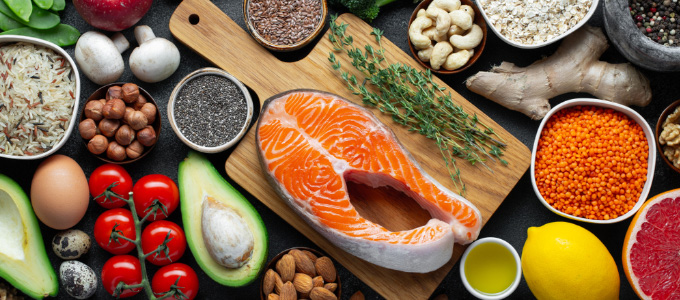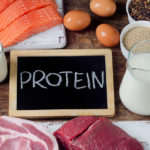PAIN… and The Role of nutrition
Chronic pain can be debilitating and have a significant socioeconomic impact. Beyond surgery and other interventions, both prescription and nonprescription medications have been standard protocol to help mitigate chronic pain. Pain is one of the leading reasons Americans turn to complementary healing modalities including diet and nutritional supplements.
Many individuals with chronic pain have elevated levels or proinflammatory substances, such as interferon, interleukin, and growth factors. Emerging literature suggest specific nutrients may help alleviate chronic pain through management of inflammation via oxidative stress.
The food supply in the United States is flooded with processed foods containing unhealthful fats, refined carbohydrates, sugar and sodium. This Western diet is low in fiber, micronutrients, and antioxidants, and is considered proinflammatory. Studies looking at the influence of diet on inflammatory markers show that consumption of foods high in fiber, healthful oils, fruits, vegetables and those low in sugars, refined starchy carbohydrates and unhealthful fats can reduce inflammation and disease.
Consumption of fruits and vegetables which contain many vitamins, minerals, and antioxidants, are inversely associated with inflammation and oxidative stress: the higher the intake of plant foods, the lower the occurrence of oxidative stress.
Highly refined starches contribute to oxidative stress and low-grade inflammation. Whole grain starches are rich in bioactive compounds with anti-inflammatory properties. A study recently confirmed that unrefined starches were effective in reducing chronic inflammation.
Extra virgin olive oil, a monounsaturated fat, contains bioactive compounds that are characterized by their anti-inflammatory properties. Omega-3m fats (unlike omega-6 poly-unsaturated fatty acids) have been shown to decrease inflammation.
High red meat consumption is associated with elevated concentrations of inflammatory biomarkers. Red wine in contrast is rich in numerous molecules that fight inflammation. Tumeric and ginger have been studied extensively and have been found to have anti-inflammatory effects. Other supplements to consider would include but not be limited to glucosamine and chondroitin, and Vitamin D.
As many whole foods contain bioactive compounds with anti-inflammatory effects, diet and nutrition should be integrated in the approach to treating chronic pain.
Remember, it is not just what you are eating but what you are not eating.



